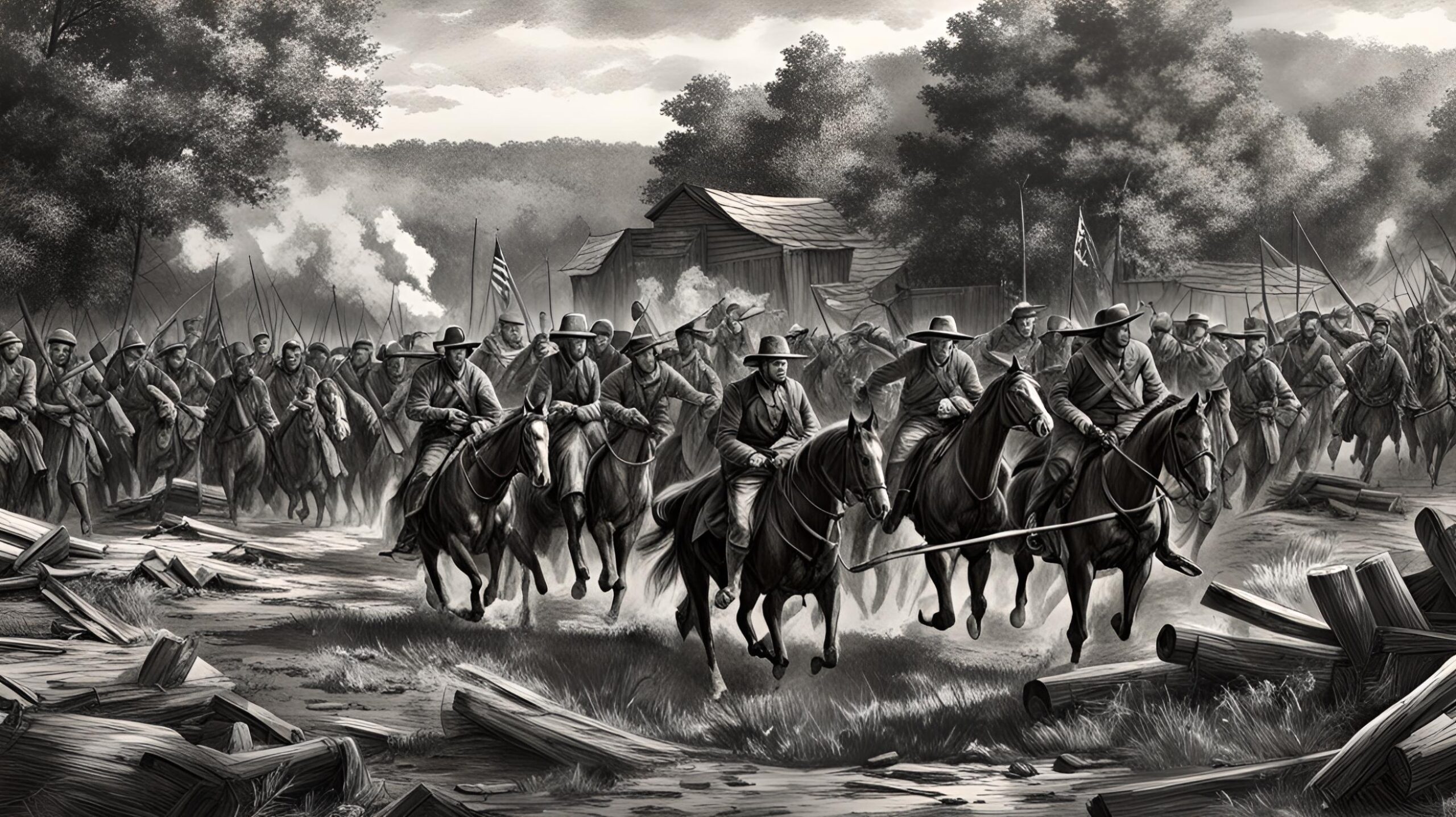Flashback to August 31
American History

The historic event that occurred on September 20th, 1850 was a significant milestone in the history of America. The slave trade was abolished in Washington DC, but slavery itself was permitted to continue. This momentous shift in the socio-political atmosphere can be linked to the broader change across the nation that was brewing in the mid-19th century. An understanding of this event, explores the intense fabric of America’s struggle with slavery and the journey towards abolition.
Slavery, a hideous practice that was seen as acceptable for centuries, was an undeniably huge part of American history. When tracing the path of abolition, Washington DC holds a key position. The practice of trading slaves was a robust part of the local economy, making this event even more worthy of analysis.
Following comprehensive social and political debate, slavery was allowed to persist but the buying and selling of slaves was brought to an end in Washington DC. These monumental changes occurred within a decade of the introduction of ‘Compromise of 1850’. It’s worth noting that this legislation was a series of bills aimed at preventing the budding Civil War. In many ways, the abolition of slave trade in Washington DC reflected a nation conflicted and seeking to compromise between opposing perspectives.
In spite of the abolition of the slave trade, the continuation of slavery was a poignant testament to the deep-seated issue that had yet to be resolved. One cannot overlook the irony inherent in this situation: while the trade was considered abhorrent and was ended, the underlying institution of slavery was permitted to persist. This is indicative of the polarizing debates around slavery that had yet to reach a conclusive end.
Despite the struggles and opposition, this move significantly reformed the city’s social fabric, housing structure, and economic exports. Additionally, it sparked off a sequence of events that led to the shaping of the modern Washington DC. The abolition of slave trade in Washington DC dealt a significant blow to the slave-based economy. This paradigm shift brought about a major transition in the city’s economy and initiated its journey towards industrialization.
By ending the slave trade, the city found itself in the middle of a huge change. The decision marked the beginning of Washington DC’s transformation into a city known for political freedom and economic opportunity. However, the continuation of slavery underscored the fact that America still had a long way to go before achieving complete abolition.
Concrete manifestations of these changes could be observed in the days and years that followed this landmark event. There was a surge in the population of free African Americans in Washington DC. This growth, in turn, enhanced their political influence and economic position.
the abolition of the slave trade in Washington DC on September 20th, 1850 was indeed crucial to American history. But the fact that slavery was permitted to continue suggests a resistance to fully eradicating the system of bondage. It’s a narrative that, while acknowledging a step towards progress, also reinforces the reality that the path to progress is often complicated and fraught with contradictions.
The importance of understanding this event and its implications cannot be overstated. It holds pivotal lessons about America’s past, and offers insights for guiding social and political narratives in the nation’s future. Even as we remember this pivotal moment in history, we must not forget the enduring struggle that was yet to be won: the complete abolition of slavery in the United States. The introspective examination of this event gives us a pathway to understand our past and steer our collective future.
We strive for accuracy. If you see something that doesn't look right, click here to contact us!
Sponsored Content

Civil War: Battle of…
Experience the dramatic history…

$162,821 is stolen at…
On August 31, 1798,…

William and Emily Harris,…
On August 31, 1978,…

US President Franklin Roosevelt…
"US President Franklin Roosevelt…

